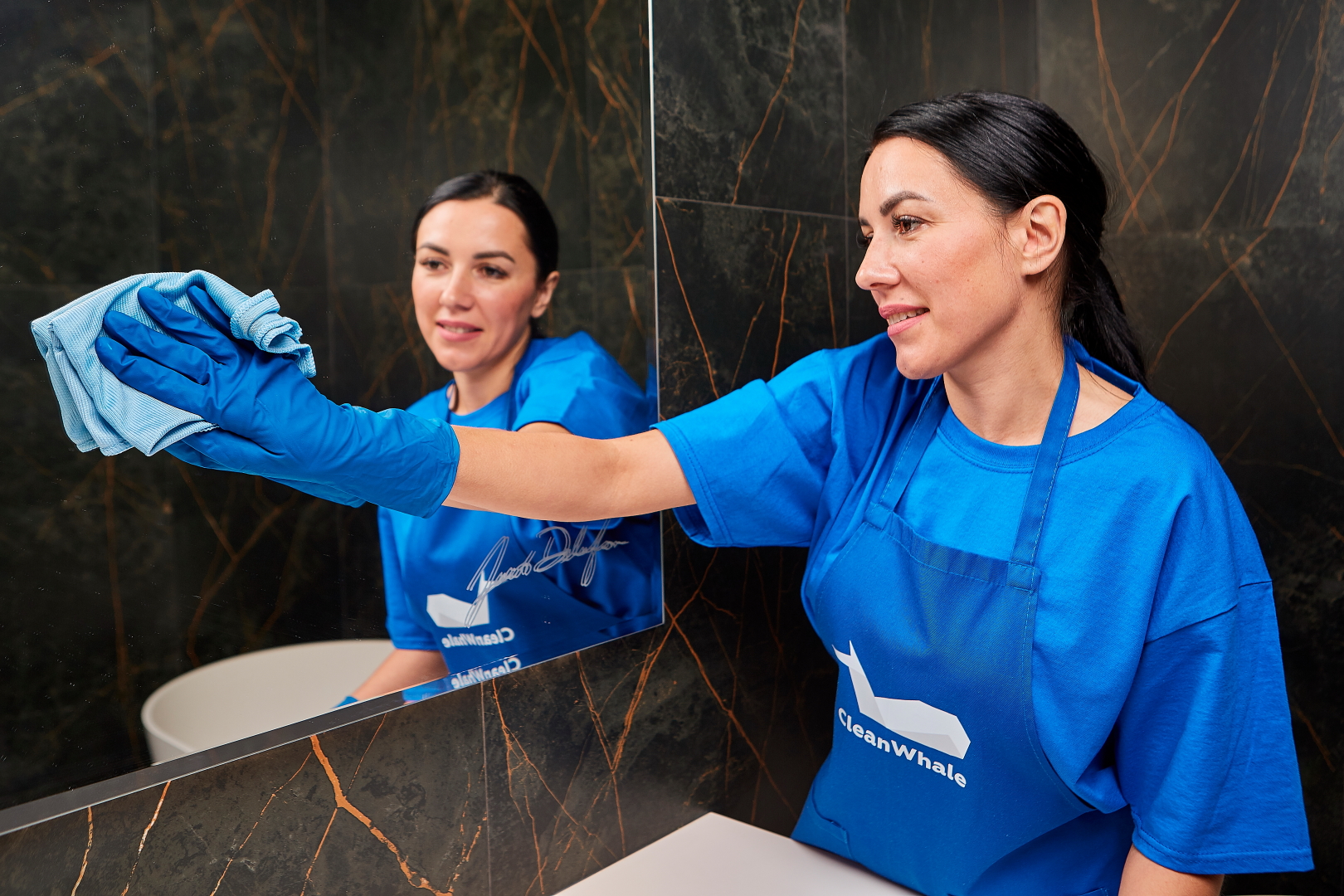Unlock Peak Performance: The Essential Guide to Solar Panel Cleaning for Maximum Efficiency
Solar energy is rapidly becoming a leading choice for sustainable energy solutions, offering an eco-friendly way to power homes and businesses. However, to keep your solar panels operating at peak efficiency, one crucial maintenance task often overlooked is cleaning. Dirt, dust, debris, and environmental pollutants can accumulate on solar panels, drastically diminishing their energy production capabilities. In this comprehensive guide, we will explore the best methods for solar panel cleaning, addressing common questions, providing practical tips, and uncovering why regular maintenance is essential for maximizing the efficiency of your solar energy system.

Why is Solar Panel Cleaning Important?
To understand why solar panel cleaning is crucial, let’s look at some telling statistics. According to studies, dirty solar panels can lose anywhere from 5% to 20% of their efficiency. In areas with heavy rainfall, dust and pollution build-up can be significant, causing a direct impact on the energy generated. Therefore, maintaining clean solar panels is vital to ensure that you’re getting the most out of your investment.
When Should You Clean Your Solar Panels?
The general recommendation is to clean your solar panels at least twice a year, or more frequently if you live in a dusty area or near vegetation that sheds leaves, seeds, or pollen. Here are some indicators that your solar panels may need cleaning:
- Visible Dirt or Dust: If you notice discoloration or accumulation on your panels.
- Reduced Energy Output: If your solar production drops compared to previous performance during similar weather conditions, it may be time to clean.
- After Major Weather Events: Heavy storms or high winds can leave debris or grime on your solar panels.
How to Clean Solar Panels Safely
1. Basic Cleaning Steps
Before proceeding with cleaning, ensure safety by I turning off the solar panel system at the inverter and taking necessary precautions to prevent slipping or accidents.
- Gather Your Supplies: You will need a soft brush or sponge, a squeegee, a bucket filled with lukewarm water, and possibly a mild detergent. Avoid harsh chemicals, as these can damage the panel surfaces.
- Choose the Right Time: It’s best to clean your panels during the early morning or late afternoon when the panels are cool to the touch. Cleaning in direct sunlight can cause water to evaporate too quickly, leaving streaks.
- Gentle Scrubbing: Using your soft brush or sponge, gently scrub away any dirt, bird droppings, or debris. Use small, circular motions to avoid scratching.
- Rinse Thoroughly: After scrubbing, rinse the panels with clean water using a hose. Ensure no soap residue remains, as this can also lead to buildup.
- Drying: Use a squeegee to wipe away excess water, starting from the top to prevent streaking.
2. Professional Cleaning Services
If you’re uncomfortable with heights, the size, or the condition of your solar panels, opt for professional cleaning services. Many providers specialize in solar panel maintenance, equipped with tools and experience to clean safely and effectively. Here’s why:
- Expert Knowledge: Professionals understand the technical aspects of solar panels and how to clean them without voiding warranties.
- Quality Assurance: They have the right equipment and methods to ensure comprehensive cleaning, often utilizing soft wash techniques.
- Time-Saving: Hiring professionals can save you time, letting you focus on more critical tasks.
DIY vs. Professional Cleaning: Which is Better?
Deciding between DIY cleaning and hiring professionals depends on several factors:
- Safety: If your panels are high or difficult to access, it’s safer to hire a professional.
- Cost: DIY cleaning is generally cheaper, but the upfront investment in tools may add up.
- Efficiency: Professionals often provide a thorough clean that may be challenging to achieve at home.
Frequent Questions about Solar Panel Cleaning
Q: Can I use a pressure washer on my solar panels?
A: It’s not advisable. High pressure can damage the protective coating of your panels. Stick to gentle methods as detailed above.
Q: What is the best time of year to clean solar panels?
A: Generally, spring and autumn are ideal, as they follow seasonal weather that may affect panel cleanliness. However, always monitor your panel performance regardless of the season.
Q: What happens if I don’t clean my solar panels?
A: Neglecting to clean your panels can lead to reduced efficiency and increased wear over time. Regular cleaning ensures optimal performance and longevity, protecting your investment.
Pro Tips to Maintain Solar Panel Efficiency
- Install Panels at an Angle: If possible, installing panels at an angle can help rain naturally clean the surface and reduce dirt accumulation.
- Monitor Performance: Watch your solar energy production. Sudden drops in output can be a signal that it’s time for a cleaning.
- Stay Updated on Local Weather Patterns: In areas with frequent dust storms or heavy rainfall, adjust your cleaning schedule accordingly.
- Schedule Regular Inspections: In addition to cleaning, have your solar panel system inspected regularly. Ensure there are no adverse effects from installations, such as framing issues or wiring problems.
Conclusion
Effective solar panel cleaning is a straightforward yet crucial task that can greatly enhance your solar energy system's performance. By following the proper cleaning methods—whether you choose a DIY approach or hire professionals—you can ensure your solar panels achieve maximum efficiency and longevity. Remember, a little maintenance goes a long way in protecting your investment and sustaining clean energy production. Don’t wait for dirt and grime to hinder your energy output; make solar panel cleaning a key part of your maintenance routine today! By taking steps to keep your equipment clean, you not only save on energy costs but also contribute positively to the environment through improved solar energy utilization. For anyone serious about reaping the benefits of solar power, cleaning your panels regularly should be a priority on your to-do list! 🌞















